
1. Black coffee
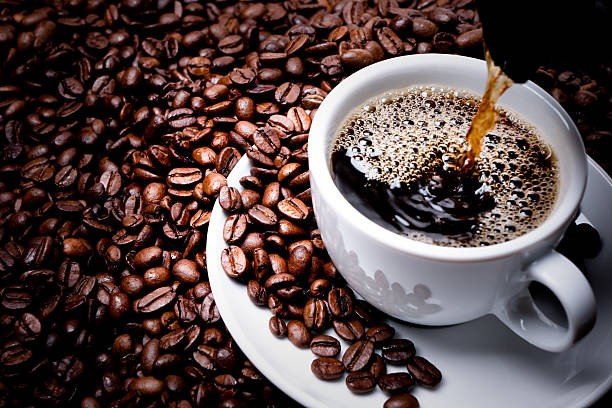
According to research, drinking coffee without milk or sugar can aid in weight loss.
How it works: It is believed that caffeine has a metabolism-boosting effect that causes more calories to be burned. Overindulging in coffee, however, is not advised because it may have additional detrimental health impacts. You should be able to achieve your weight loss objectives more quickly if you drink two cups of black coffee every day.
2. Oatmeal
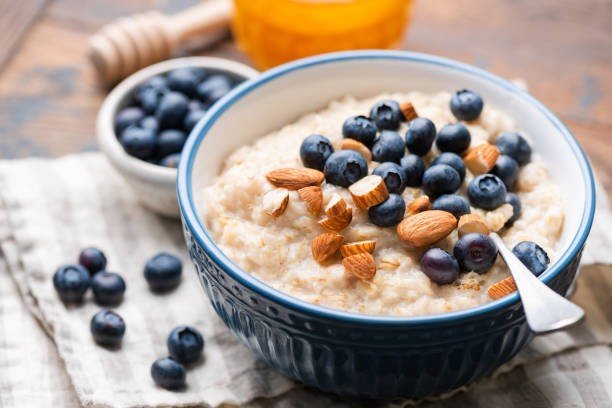
There are two ways that oatmeal can aid with weight loss. First off, the high fiber content makes you feel fuller for a longer period of time. Second, a 2016 study found that consuming a breakfast that contains “slow-release” carbs, like oatmeal or bran cereal, three hours prior to working out may aid in fat burning. How? Consuming “slow-release” carbohydrates reduces the blood sugar increase that results from consuming refined carbohydrates. Consequently, the surge in insulin levels is reduced. Lower blood sugar levels may aid in fat burning because insulin is involved in alerting your body to store fat.
3. Oysters
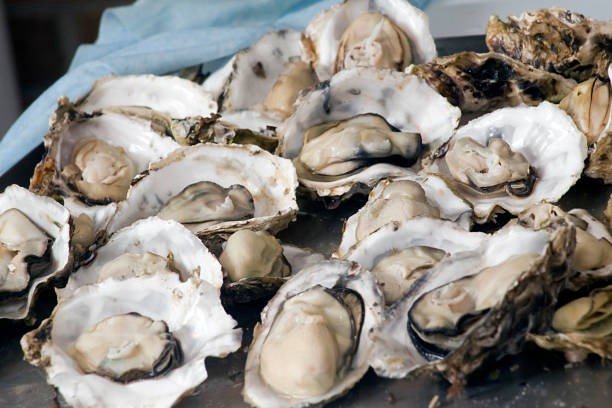
Two oysters, a lesser-known nutritional powerhouse, contain 40 calories and 270% of your daily copper, 300% of your vitamin B12 requirements, and 300% of your daily value for zinc in addition to protein, choline, iron, and selenium.
4. Apples
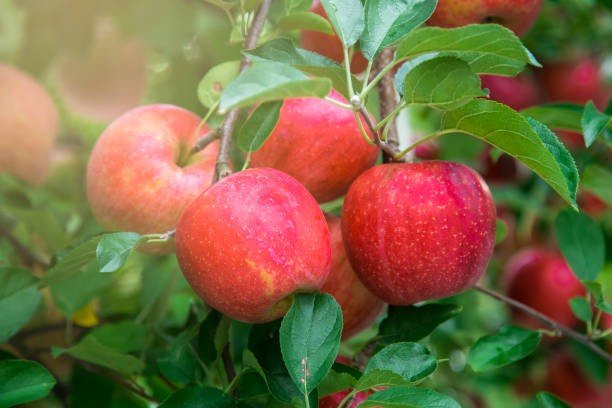
An apple a day prevents the… loss of weight? It is real. Two ways are involved. According to Richards, apples are a good source of antioxidants that aid in the removal of harmful chemicals from the body that can cause inflammation and unwelcome weight gain.
She also claims that they are very high in fibre. Compared to foods with comparable calorie counts, apples are more satisfying because they contain upwards of 5 grammes of fibre per apple. Simple: eat an apple, feel satisfied, and eat fewer snacks during the day. “The fibre also helps maintain the gut microbiome’s health and balance — a key component of a good metabolism,” continues Richards.
5. Eggs
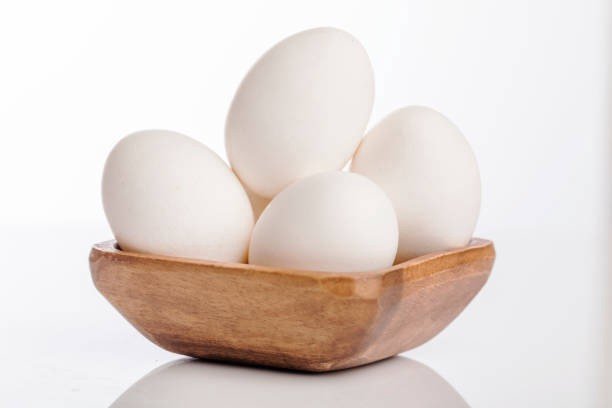
Don’t believe a word you’ve ever been told about eggs raising cholesterol. According to recent research, eggs don’t raise cholesterol or increase the risk of heart attacks. Eggs are a great source of healthful lipids, particularly omega-3 fatty acids, and protein (one large egg has 6 grammes of protein). While providing fewer calories, these chemicals make you feel more satisfied.